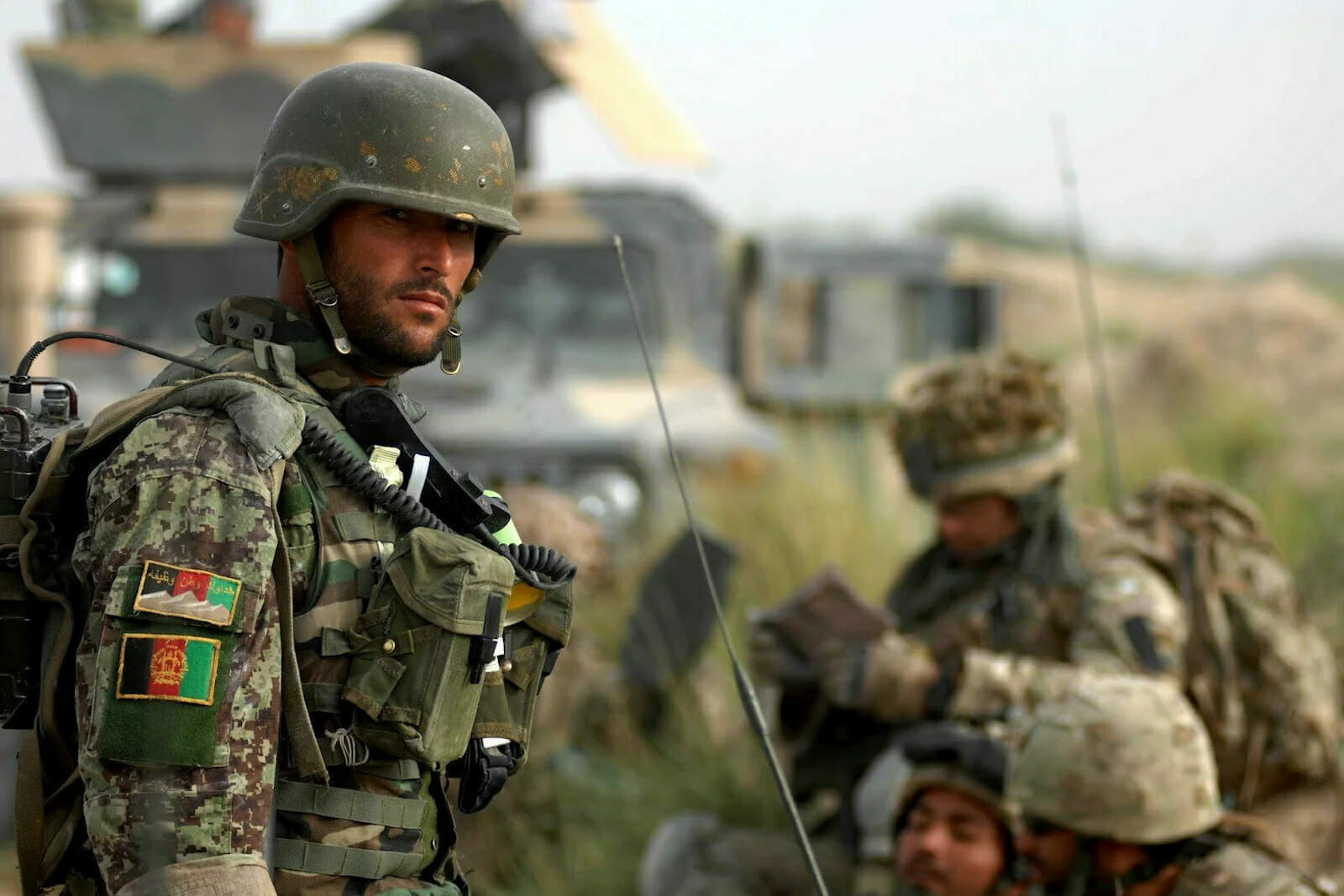
What Khalilzad’s Peace Deal with the Taliban Brought to Afghanistan
After nearly two decades of war in Afghanistan, the United States and the Taliban reached an agreement in what was both sides’ most intensive efforts to end the longest war in U.S. history. The agreement was spearheaded by Zalmay Khalilzad, the U.S. Special Representative for Afghanistan Reconciliation. The agreement received a lukewarm reception from Afghans. Since the signing of the agreement, no tangible changes have come from the Taliban. Civilian casualties keep piling up.
The violence began to spike almost immediately after the agreement was signed. Afghanistan’s National Security Council said in a statement: “The government’s findings from the field demonstrate that the Taliban and their allied terrorist groups are responsible for the vast majority of the civilian casualties.” The statement further maintained, “These hideous attacks occurred after the U.S.-Taliban deal in Doha and the Taliban’s commitment to decrease violence never sit tight, as they see terrorism as the only path.”
Existing tensions between the U.S. and the Taliban cast doubt on the proper implementation of the peace deal and reduction in violence. Part of the problem for Afghans is that they do not trust Zalmay Khalilzad to have their best interests at heart. Many view Khalilzad as a political charlatan who is only seeking to secure U.S. interests. Last year, Hamdullah Mohib, Afghanistan’s national security advisor, accused him of delegitimizing the elected Afghan government by excluding it from peace talks with the Taliban and acting like a “viceroy.” Similarly, the head of the Afghanistan Institute of Strategic Studies, Dawood Muradian, in a recent article called him someone unable to abandon his “Pashtun ethnic chauvinism.”
Amidst the Doha talks, Sher Mohammad Abbas Stanikzai, the Taliban’s chief negotiator, while standing in a hotel lounge, told a journalist, “There is no mention of a ceasefire with the Kabul administration in the agreement; thus our fight against government forces [will] continue unabated.”
The release of 4,199 Taliban prisoners by the Afghan government has done little to appease the Taliban. The release of prisoners outraged Afghans who accused the government of giving the Taliban payoffs in exchange for nothing. They claim that after a short while, the very same prisoners released from Afghan prisons will return to the frontlines and resume attacks against Afghan forces. Maryam Azizi, a journalist from the Badakhshan province, wrote on her Twitter profile, “Mr. President! Releasing Taliban prisoners was a great injustice towards the people.”
On July 13, a car bomb blast killed eleven security personnel and 43 civilians, including children.
According to Global Conflict Tracker, “45 days after the agreement, the Taliban carried out more than 3,800 attacks in Afghanistan, which showed an increase of more than 70% as compared to the same period in the previous year.” Confirming the same number, the head of the National Directorate of Security (NDS) told a news conference that after the peace deal, Taliban attacks in different parts of the country had claimed 420 lives and wounded 906 civilians.
Analysts hold that the Taliban have become stronger more than ever in the last nineteen years. With an estimated 60,000 fighters at their command, they control many districts throughout the country and continue to stage major attacks, including in Kabul. They get millions of dollars from poppy cultivation and the illegal drug trade, which poses further hurdles for the peace process. Likewise, some analysts are concerned that rank-and-file Taliban fighters might not abide by the peace deal as they are neither fed by a single hand nor under a congruent command. Thus, any peace deal is undermined by a weakened government, eaten up by ethnic, sectarian, and tribal differences.
For average Afghans, the agreement does little to assuage their fears that Afghanistan’s future looks bloody. Afghans fear losing the half-baked democratic values they have fought for and achieved during the past 18 years and reverting back to earlier dark times.

